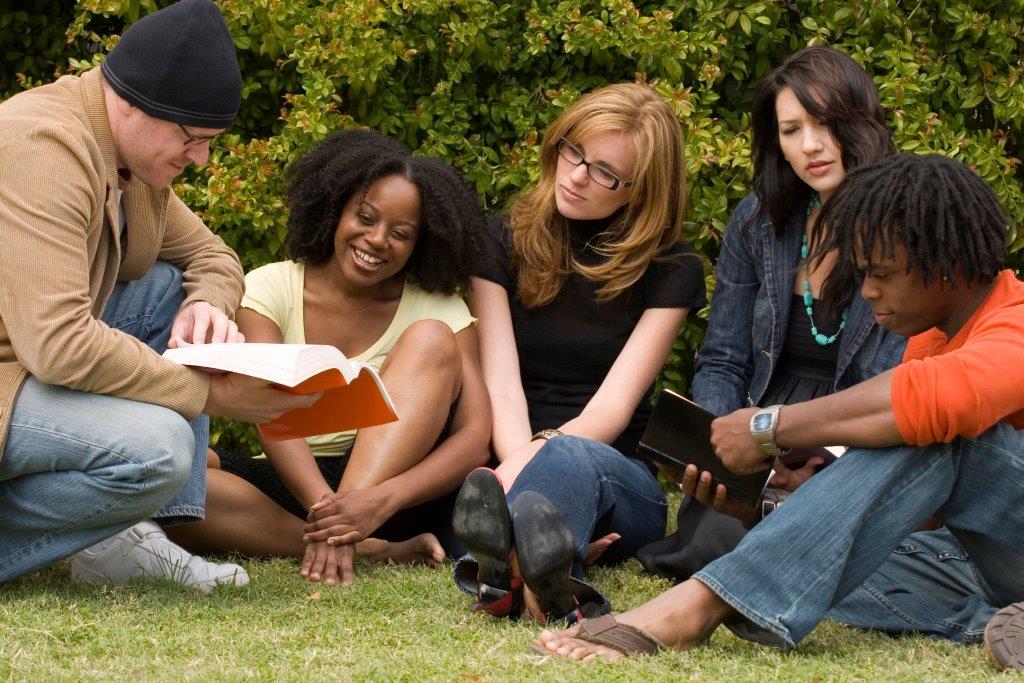
Personal, Social, Health and Economic education (PSHE) can mean all things to all people, but in a positive way. It enables schools to analyse what they offer to students and to use PSHE programmes to provide the final rounded curriculum. This is not easy as PSHE is not so much a ‘subject’ as a group of learning experiences that need careful binding together lest they become amorphous.
PSHE at its best brings emotional literacy, social skills and healthy attitudes to the core studies of the history, economic state and social make-up of the local and wider community
Ofsted has praised some schools’ multi-faceted approaches to creating a caring and coherent school and reaching out to the local communities, and some schools for delivering sex and relations programmes effectively, and some for their commitment to equality and diversity. Visits and activities outside the classroom can act not only as focal points for a school’s work but as catalysts to reinforce the messages contained in the courses.
In some ways it does not matter where the visit is to. The importance is how well they are planned, the matching of the experiences to the aim, and the enthusiasm staff and students bring to it.
So, typically learning for PSHE takes place whilst undertaking other activities. Here we list a range of ideas which the Council for Learning Outside the Classroom suggest as activities which can engender excellent experiences to benefit students in this area.
Attitudes and values
- Talking about an object in a museum, or visiting a place of worship can give insight into issues, other cultures or periods of history.
- Creating your own work of art can give rise to explorations and understandings about the world and our place in it
- A visit to a farm can stimulate debate about animal husbandry and food production, and provide a context for designing a Fairtrade enterprise.
- Adventure education can provide opportunities to show different skills, such as leadership or teamwork.
- Seeing a play on the stage can bring a text alive and stimulate conversations about the values and actions of the characters.
- A residential can provide a different setting for conversations about what we believe and what we think is important.
Confidence and resilience
- Learning a new skill, such as map-reading or how to look at a painting, builds independence and confidence.
- Adventure education enables young people to test themselves in various ways and develop new aptitudes and dispositions.
- For young people with disabilities, a residential trip can foster independence and give them a rare opportunity to build close relationships outside the family.
- Planning their own experience or activity helps young people to gain confidence in a wide range of project planning skills. It can develop resilience in dealing with conflicting opinions, and in finding solutions to project challenges.
Communication and social skills
- A drama workshop requires teamwork and helps, to strengthen friendship groups.
- A residential experience enables staff to get to know young people, and young people get to know each other, discovering different aspects of each others’ personalities.
- An experience, such as visiting a power station, stimulates discussion and encourages young people to share ideas and opinions.
- A musical performance gives young people a feeling of achievement and a sense of personal success.
- Young people planning their own programme or activities gives them voice and choice and ensures their active involvement.
- Undertaking voluntary work in the community gives young people a sense of making a positive contribution.
Knowledge of the world beyond the classroom
- Young people who live in the country may encounter a town or city for the first time or vice versa.
- Environmentalists, town planners, artists, curators, scientists, politicians, musicians, dancers and actors can all act as new and powerful role models.
- Going to an arts venue can encourage young people to try the experience again.
- Recording the reminiscences of older people gives young people new insight into their community, and brings historical events alive.
- Going to a local civic institution like a town hall builds knowledge of how communities function.
- A school or youth council enables young people to learn about and participate in democratic processes
- Visiting the library enables young people to find out what they have to offer – apart from lending books.
- Children and young people with profound learning difficulties and disabilities may not often experience visits to galleries, concerts or the countryside because of the difficulties of transport and personal care which parents have to consider and cannot always manage alone. Educational visits may provide the only means for these young people to have such experiences.
Physical development and well-being
- Visiting a park, field studies centre or making a school garden all provide physical activity and develop an interest in the environment.
- Participating in recreational activities help to develop physical well-being and the growth of confidence.
- Many learning outside the classroom activities can also provide attractive alternatives to competitive sports and can lead to a lifelong interest in healthy physical recreation.
Emotional spiritual and moral development
- An integrated dance workshop with able bodied and disabled participants can help young people empathise and develop awareness of disability.
- Activities in the natural environment can encourage a feeling of awe and wonder, and an appreciation of silence and solitude.
- Visiting a place of worship develops an understanding of religion, reflection and spirituality.
- Engaging with young people in conversations about values and beliefs, right and wrong, good and bad supports their moral development.
Main organisations:
PSHE Association
National Centre for Citizenship and the Law
Inclusion: NASEN




